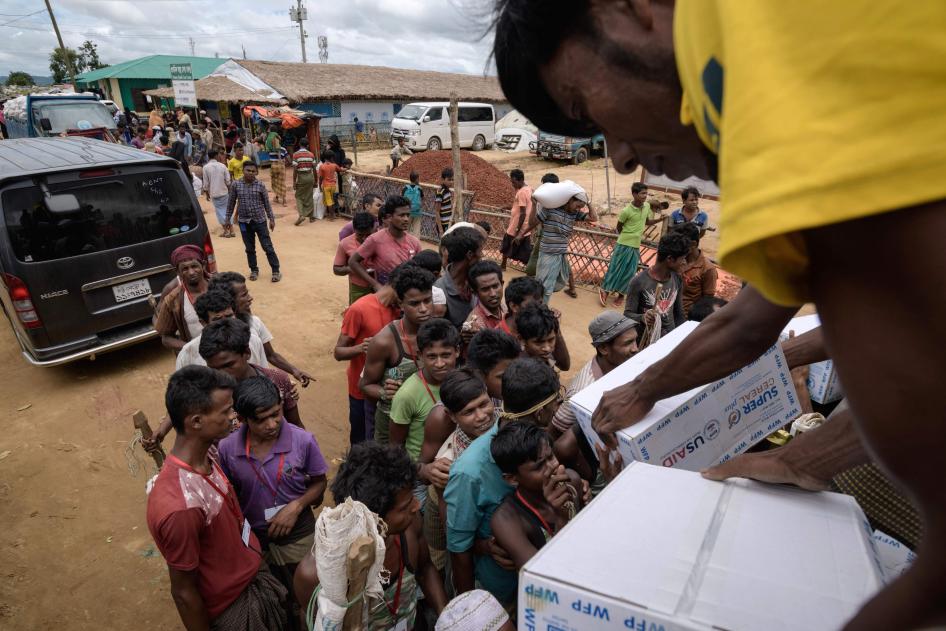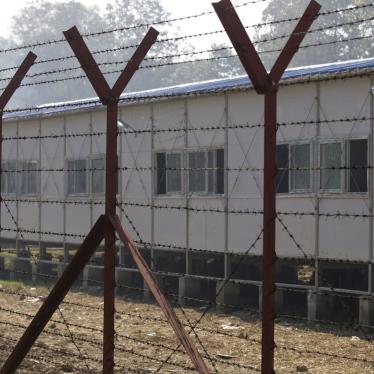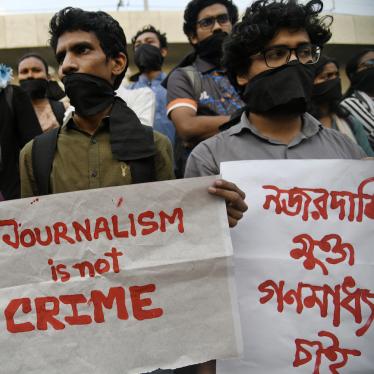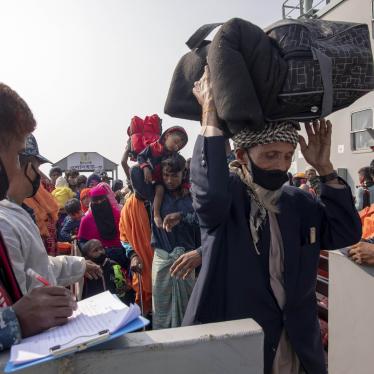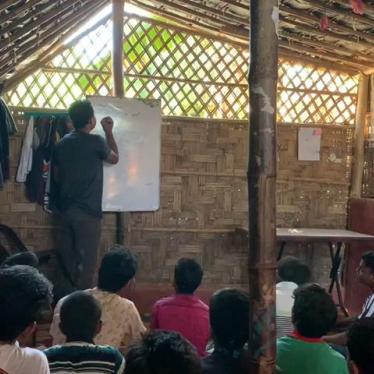On Thursday, the United Nations World Food Programme dealt Rohingya refugees in Bangladesh a new round of deep cuts in food rations, from US$12 per month several months ago to just $8 a month, building pressure to return to dangerous conditions in Myanmar.
UN special rapporteurs warned that the cuts will have the “devastatingly predictable” consequence of “spiking rates of acute malnutrition, infant mortality, violence, and even death.” Some refugees, they said, might be compelled to “risk their lives at sea, [rather] than to face hunger and even death in the camps.”
These food ration cuts, along with escalating restrictive measures imposed by Bangladesh authorities and violence in the squalid, overcrowded refugee camps, are increasing pressure on the refugees to repatriate.
This is not the first time slashes in food rations have accompanied other pressures on Rohingya refugees to leave.
In 1978, the Bangladesh government weaponized food to force starving Rohingya refugees back to Myanmar, which remained intent on persecuting them. Then, as now, the Rohingya refugees were confined to camps in Bangladesh’s Cox’s Bazar area and were not allowed to work, so they depended on food rations to survive.
A 1979 report by Alan C. Lindquist, then-head of the UN Refugee Agency’s Sub-office in Cox’s Bazar quoted Bangladesh’s then-secretary of the Ministry of Relief and Rehabilitation, Syed All Khasru, as saying, “It is all very well to have fat, well-fed refugees. But …we are not going to make the refugees so comfortable that they won’t go back to Burma [Myanmar].”
The Lindquist report said that by December 1978 between 80 and 85 people were dying daily in Bangladesh’s camps. “More and more showed themselves ready to go back to escape the terrible conditions in the Bangladesh camps,” Lindquist wrote. “From November 15th onwards, at least 2,000 were returning every three days, the maximum rate specified in the July [1978] agreement between the two countries.”
By the end of March 1979, more than 107,000 Rohingya had returned to Myanmar – and more than 11,900 had died.
This time around, the World Food Programme, facing donor shortfalls, is making the cuts. International donors, no less than Bangladesh, have a responsibility not to repeat history. Myanmar is far from safe for Rohingya.
But Bangladesh should also ease restrictions and allow refugees to earn money to buy food and help prevent another horrible death toll.

